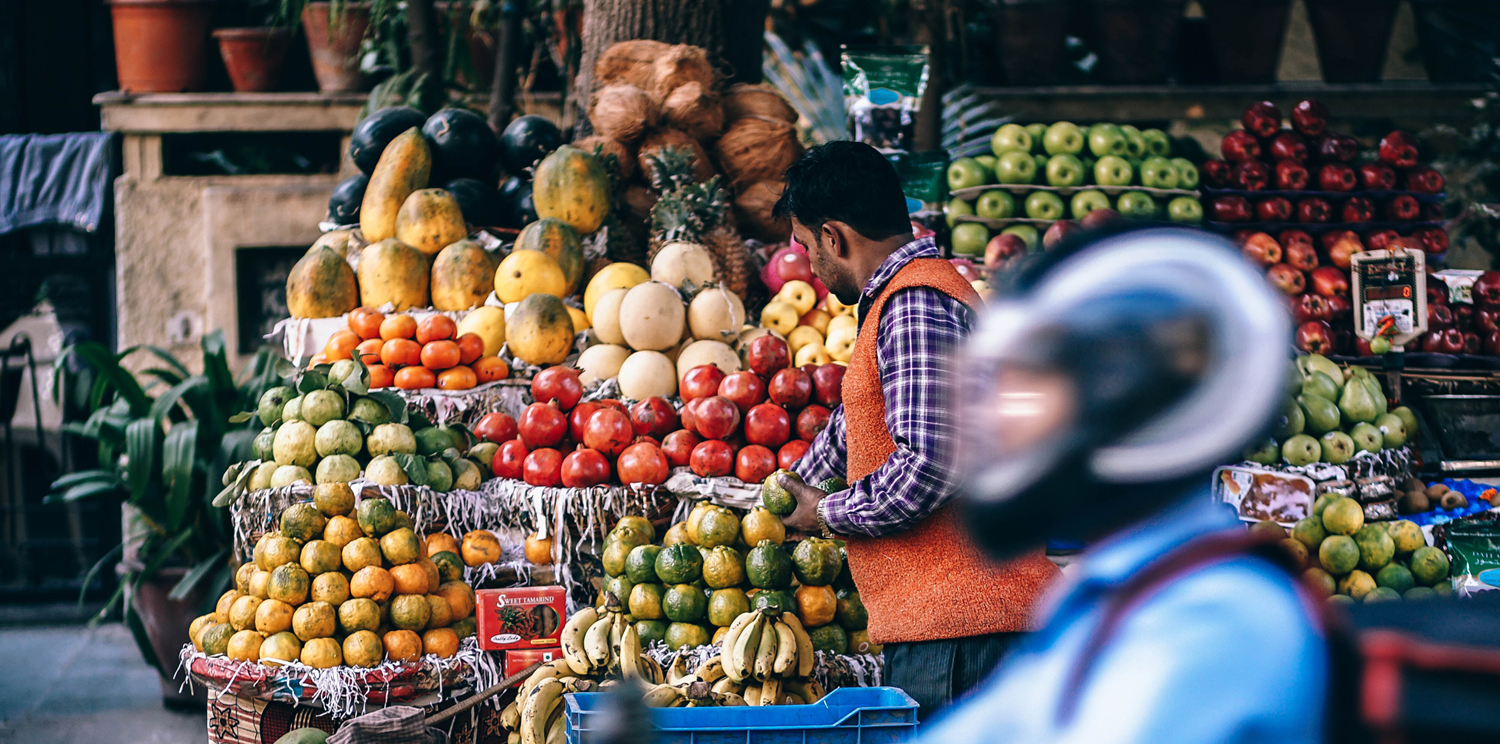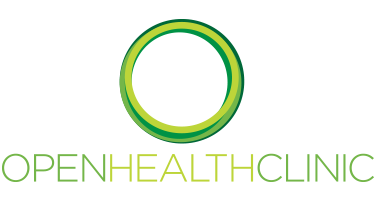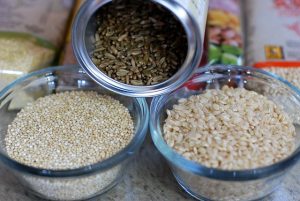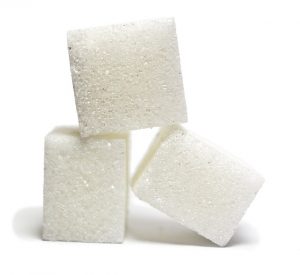
20 Jul Helping Reduce Inflammation Through Food
Many patients suffer from conditions that are typified by long-term inflammation, for example, many types of arthritis and certain bowel conditions.
Modern research also highlights the fact that prolonged periods of inflammation are involved in the early stages of many conditions such as heart disease, Alzheimer’s and also many cancers.
With an improved understanding of nutrition and its effects, the medical community is starting to appreciate that what we eat contributes significantly to how we feel.
What we eat affects our levels of inflammation
It’s no surprise that fresh, whole, preferably organic foods can contribute to good digestion and metabolism, but more specifically, certain foods are considered “anti-inflammatory” and including them in your diet can make positive changes to your health.
On the other hand, certain foods can be “pro-inflammatory”, allowing inflammation to persist and potentially contributing to further conditions. If you suffer from persistent pain or any of the inflammatory conditions above, it may be helpful to follow these dietary guidelines:
Healthy, anti-inflammatory foods to include in your diet:
- Brown rice, oats, quinoa, whole grains, beans, lentils, chicken, turkey, oily fish (no more than twice a week), herbs and spices and an abundance of colourful vegetables such as; broccoli, carrots, parsnips, cabbage, peas, cauliflower, onions, leeks, mushrooms etc.
- Essential fats found in oily fish, nuts and seeds, olives and avocados are also known to have an anti-inflammatory effect and so should be included in an anti-inflammatory diet
- Dehydration can often be a trigger for joint stiffness and pain, so while not strictly anti-inflammatory, ensure you drink 6 – 8 glasses of water, herb tea or fruit tea per day. The current guidelines are 1.5ltrs daily for women and 2ltrs daily for men.
- There are also several foods which have been shown to support the detoxification phases of the liver and these include broccoli, brown basmati rice, whole grains, eggs, garlic, onions, strawberries, asparagus and artichoke.
Foods to avoid:
- Minimise your consumption of processed and fast foods and avoid highly refined foods such as sugar, white bread, white pasta, white rice, chocolate, cakes, biscuits, sweets, milk chocolate and anything with added or hidden sugars such as fizzy or sugary drinks. Sugar is one of the most pro-inflammatory foods that we can eat.
- Dairy products and red meat contain arachidonic acid which is thought to promote pro-inflammatory prostaglandins and so should be avoided or eaten in moderation.
- Salt is a known vasoconstrictor and so can reduce blood flow to painful areas.
- Avoid alcohol and caffeinated drinks. Caffeine is a stimulant which stimulates the adrenal glands to produce cortisol (our stress hormone). In high concentrations, cortisol is a highly inflammatory hormone. Alcohol places a burden on the liver and may contribute to imbalanced blood sugar levels.
In addition to making dietary modifications as described above, it can also be helpful to supplement with nutritional formulas containing natural substances from foods, plants and herbs that have been shown to act as natural, safe inhibitors of pain and inflammation.
What should I do?!
Unfortunately, it’s not quite as simple as being able to hand out advice that fits everyone. People have very different requirements to suit their individual health needs, and while implementing some of the suggestions above can really help to lower inflammatory pathways, our nutritional therapist, Jacqui, can design a personalised anti-inflammatory programme to suit your personal likes and needs.
If you think you might benefit from such a personalised approach, please contact the clinic and ask for a session with Jacqui to help tackle your inflammation.
Toby is an osteopath at OpenHealth, and regularly contributes to our blogs.





No Comments